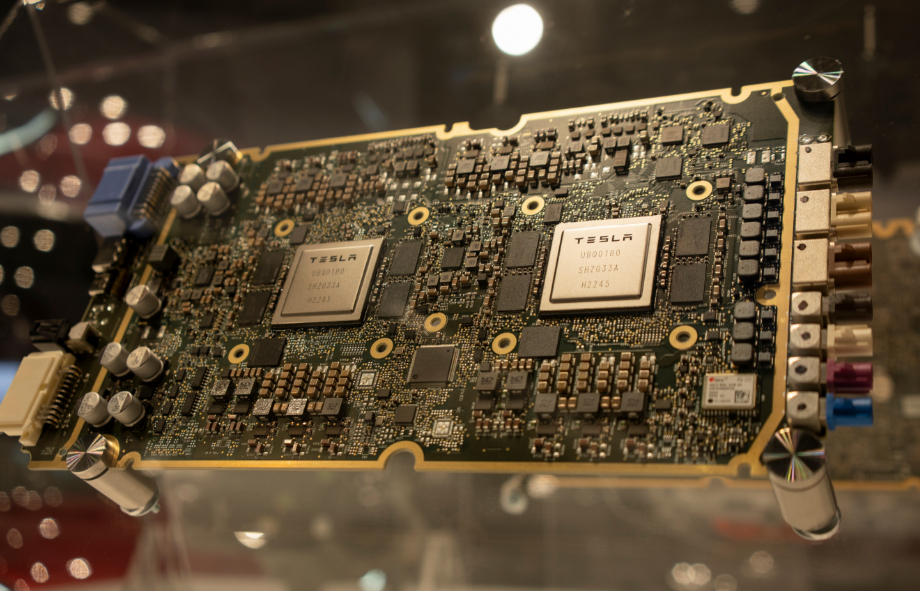Tesla Invests Heavily In Dojo To Reduce Dependence On Nvidia
Tesla plans to increase its investment in the Dojo supercomputer to enable fully autonomous driving and launch robot cabs.

Tesla's AI Ambition: Dojo Supercomputer
Musk has repeatedly referred to the Dojo supercomputer as the cornerstone of Tesla's AI strategy, a supercomputer designed to train Tesla's Fully Self-Driving (FSD) neural network.
Tesla plans to invest more in Dojo in order to realize fully autonomous driving and launch robot cabs. Although FSD is currently operating in nearly 2 million Tesla vehicles, it still requires human drivers to remain vigilant. Tesla's ultimate goal is to reach full autopilot and Dojo is key to achieving this.
Dojo's background and Tesla's AI vision
Musk wants Tesla to be an AI company, not just an automaker. He believes that fully autonomous driving can be achieved by capturing visual data through cameras alone and using advanced neural networks to process that data. This approach differs from other companies that rely on multiple sensors, such as LIDAR and high-resolution maps, to perceive the world.
Tesla aims to train its FSD system with a large amount of driving data from video footage collected from Tesla vehicles around the world.
Dojo's technical details and challenges
Dojo is a supercomputer system consisting of thousands of minicomputers, with each node having its own CPU and GPU.These GPUs are critical for machine learning operations and are capable of handling multiple tasks simultaneously.
Tesla's D1 chips are at the heart of this system, optimized for AI workloads. Each D1 chip has 50 billion transistors and is fused into a compute unit with high computing power and bandwidth. Tesla plans to combine 25 D1 chips into a single compute unit and expand further to form a larger supercomputer system.
Dojo's Impact on Tesla and Future Outlook
Taking control of its own chip production means that Tesla may be able to rapidly increase its computing power for AI training at low cost in the future. It also frees Tesla from having to overly rely on expensive and tightly supplied NVIDIA chips. While Tesla is still buying NVIDIA hardware to train its AI, Musk emphasized that it will rely more on Dojo in the future.
A Morgan Stanley report predicts that Dojo could add $500 billion to Tesla's market capitalization by unlocking new revenue streams such as robot cabs and software services.
Dojo's progress and challenges
Tesla has long claimed that Dojo is in production and performing useful tasks, but whether it has reached its expected 100 exaflops of computing power has still not been publicly confirmed. Tesla has also committed to investing $500 million in a Dojo supercomputer at its Gigafactory in New York, and plans to build a high-density, water-cooled supercomputer cluster at its Austin factory. With the gradual advancement of Dojo, Tesla is expected to become a leader in AI training and autonomous driving in the future.
Disclaimer: The views in this article are from the original Creator and do not represent the views or position of Hawk Insight. The content of the article is for reference, communication and learning only, and does not constitute investment advice. If it involves copyright issues, please contact us for deletion.